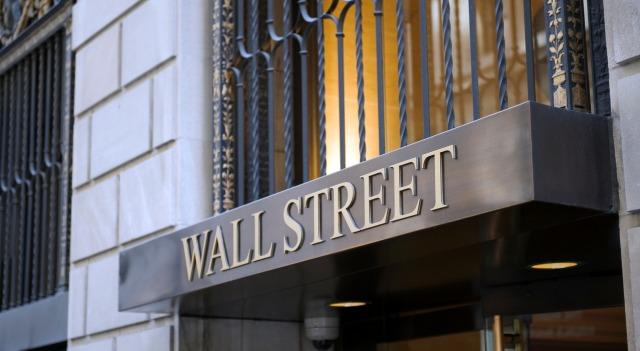The major U.S. index futures are currently pointing to a roughly flat open on Thursday, with stocks likely to show a lack of direction following the substantial turnaround seen over the course of the previous session.
The futures had been pointing to a higher open for the markets but gave back ground following the release of a Labor Department report showing producer prices in the U.S. rose by slightly more than expected in the month of August.
The Labor Department said its producer price index for final demand crept up by 0.2 percent in August, while revised data showed prices were unchanged in July.
Economists had expected producer prices to inch up by 0.1 percent, matching the uptick originally reported for the previous month.
Following yesterday’s report showing a slightly bigger than expected increase by core consumer prices, the data is likely to further reduce expectations for aggressive interest rate cuts by the Federal Reserve
At the same time, the report said the annual rate of producer price growth slowed to 1.7 percent in August from a downwardly revised 2.1 percent in July.
The year-over-year increase by producer prices was expected to decelerate to 1.8 percent from the 2.2 percent originally reported for the previous month.
The Labor Department also released a separate report showing a modest increase by first-time claims for U.S. unemployment benefits in the week ended September 7th.
Stocks moved sharply lower early in the session on Wednesday but showed a substantial turnaround over the course of the trading day. The tech-heavy Nasdaq led the recovery, with all of the major averages ending the day in positive territory.
After tumbling by as much as 1.4 percent in early trading, the Nasdaq surged 369.65 points or 2.2 percent to 17,395.53. The S&P 500 also jumped 58.61 points or 1.1 percent to 5,554.13, while the Dow rose 124.75 points or 0.3 percent to 40,861.71 after hitting its lowest intraday level in almost a month.
The early sell-off on Wall Street came following the release of the Labor Department’s closely watched report on consumer price inflation in the month of August.
While the report showed consumer prices increased in line with economist estimates, core consumer prices rose by slightly more than expected.
The Labor Department said its consumer price index rose by 0.2 percent in August, matching the uptick seen in July as well as economist estimates.
Meanwhile, core consumer prices, which exclude food and energy prices, climbed by 0.3 percent in August after rising by 0.2 percent in July. Economists had expected core prices to rise by another 0.2 percent.
Stocks moved sharply lower as the data seemingly reduced the chances of the Federal Reserve cutting interest rates by 50 basis points next week.
Selling pressure waned dramatically over the course session, however, as the Fed is still expected to continue lowering interest rates in the coming months.
CME Group’s FedWatch Tool suggests the chances of a half-point rate cut next week have fallen following the release of the report, but it still points to rates being at least a full percentage point lower by the end of the year.
“Given the stickiness of services inflation, the Fed will likely cut by 25 basis points in the upcoming meeting and reserve the potential for more aggressive action later this year if we have further deterioration in the job market,” said Jeffrey Roach, Chief Economist for LPL Financial.
Semiconductor stocks helped lead the turnaround on Wall Street, with the Philadelphia Semiconductor Index spiking by 4.9 percent. Market leader and AI darling Nvidia (NASDAQ:NVDA) turned in one of the sector’s best performances, soaring by 8.0 percent.
Significant strength also emerged among networking, software and computer hardware stocks, contributing to the surge by the tech-heavy Nasdaq.
Steel and retail stocks also showed strong moves to the upside over the course of the session, while weakness remained visible among oil producer stocks despite a rebound by the price of crude oil.
